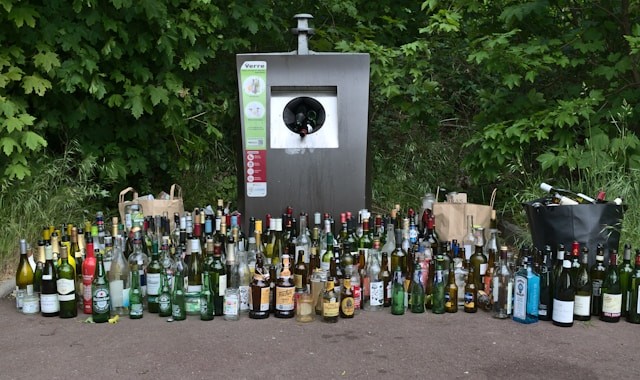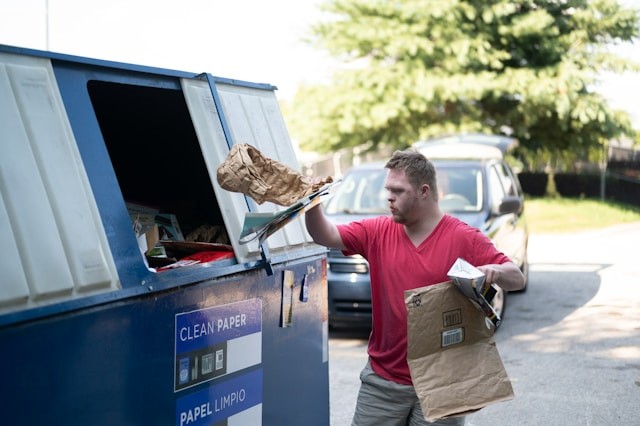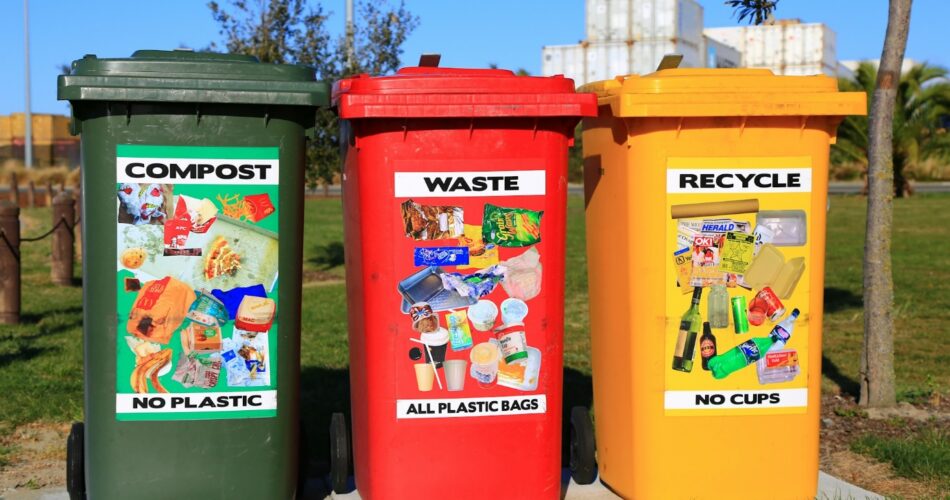Waste management is a critical issue globally, with an increasing need for effective education strategies to ensure proper disposal and recycling practices. In a multicultural and multilingual society like Canada, addressing the diverse linguistic needs of communities is paramount to achieving widespread environmental sustainability. This article explores how multilingual approaches to waste management education can significantly enhance community engagement and compliance.
The Importance of Multilingual Education in Waste Management
Canada is known for its cultural diversity, with numerous languages spoken across the country. According to the 2021 Census, over 200 languages are reported as a mother tongue in Canada. This linguistic diversity presents both a challenge and an opportunity for waste management education.
Effective communication is the cornerstone of successful waste management programs. When educational materials and guidelines are available in multiple languages, they become accessible to a broader audience, ensuring that everyone, regardless of their language proficiency, can participate in proper waste disposal and recycling practices. Multilingual education helps bridge communication gaps, reduces confusion, and fosters a sense of inclusivity within communities.

Photo by Aleksandr Kadykov on Unsplash
Strategies for Implementing Multilingual Waste Management Education
- Translation of Educational Materials: Translating waste management materials, such as brochures, flyers, websites, and instructional videos, into multiple languages is a fundamental step. These translations should be accurate and culturally sensitive to ensure they resonate with the target audience. Engaging professional translation services, like legal translation services, can help ensure that the translated content maintains its original meaning and context.
- Community Engagement: Partnering with community leaders and organizations that represent various linguistic groups can enhance the outreach of waste management education programs. These leaders can act as intermediaries, helping to disseminate information effectively within their communities. Hosting workshops and information sessions in multiple languages can also facilitate better understanding and engagement.
- Use of Visual Aids: Visual aids, such as infographics and pictograms, can transcend language barriers and convey essential information clearly. For instance, using universally recognized symbols for recycling, composting, and hazardous waste can help individuals understand proper waste disposal methods without relying solely on text.
- Multilingual Hotline Services: Establishing multilingual hotline services can provide immediate assistance and answer questions related to waste management in various languages. This service can be particularly beneficial for new immigrants who may be unfamiliar with local waste management practices.
- Digital Platforms and Social Media: Leveraging digital platforms and social media in multiple languages can amplify the reach of waste management education campaigns. Creating content, such as blog posts, videos, and social media updates, in several languages can engage a wider audience and promote consistent messaging.
Case Studies: Successful Multilingual Waste Management Programs
Vancouver’s Multilingual Recycling Campaign
The City of Vancouver has implemented a successful multilingual recycling campaign that includes educational materials in several languages, including Mandarin, Punjabi, and Tagalog. The campaign focuses on translating essential recycling information and distributing it through community centres, libraries, and online platforms. This approach has led to increased participation in recycling programs among non-English speaking residents.
Toronto’s Waste Wizard Tool
Toronto’s Waste Wizard tool is an online resource available in multiple languages, including French, Chinese, Spanish, and Tamil. The tool allows residents to search for specific waste items and find information on how to dispose of them properly. By providing this service in various languages, Toronto has made waste management information more accessible and user-friendly.
Montreal’s Multilingual Outreach Programs
Montreal has launched several outreach programs aimed at educating its diverse population about waste management. These programs include multilingual workshops, educational videos, and translated informational pamphlets. Montreal’s approach emphasizes collaboration with community organizations to ensure that educational efforts are culturally relevant and effectively communicated.
Challenges and Solutions
While multilingual waste management education offers numerous benefits, it also comes with challenges. Ensuring the accuracy and cultural appropriateness of translations can be complex and requires collaboration with professional translation services. Additionally, reaching all linguistic groups within a community can be resource-intensive.

Image by Unsplash+
One solution is to prioritize languages based on demographic data and community needs. Conducting surveys and engaging with community leaders can help identify the most spoken languages and the preferred methods of communication. Moreover, investing in technology and digital tools can streamline the translation and dissemination process, making it more efficient and cost-effective.
Conclusion
Multilingual approaches to waste management education are essential in fostering inclusive and effective environmental practices in Canada’s diverse society. By translating educational materials, engaging with communities, using visual aids, providing multilingual hotline services, and leveraging digital platforms, waste management programs can reach a broader audience and encourage widespread participation.
As Canada continues to embrace its multicultural identity, integrating multilingual strategies into waste management education will not only enhance environmental sustainability but also promote a sense of community and shared responsibility. For professional translation services to support these initiatives, legal translation services offer expertise in ensuring accurate and culturally relevant communication. Through these efforts, we can work towards a cleaner, greener future for all.




